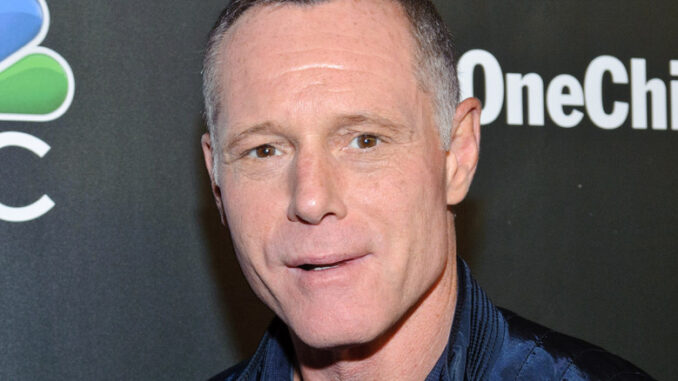
The Architect of Self: Rebuilding from the Rubble of Anger
The harsh glare of the spotlight, often a beacon of adulation, can just as quickly become an unforgiving searchlight, illuminating flaws and missteps. Such was the recent turn for actor Jason Beghe, whose public apology for on-set anger issues and commitment to working with a coach, marked by the timestamp "md07," transcends a mere celebrity news byte. It becomes a microcosm of a profound human journey: the difficult reckoning with one's own demons, the courage of an apology, and the arduous, often unseen, labor of personal transformation.
Anger, in its unchecked form, is a corrosive force. On a film set – a high-pressure environment built on collaboration, trust, and shared creative vision – it can be a particularly devastating element, like a rogue storm tearing through a carefully constructed edifice. The outbursts, the raised voices, the palpable tension Beghe reportedly brought to his workplace are not just isolated incidents; they are ripples that spread, undermining morale, fracturing relationships, and poisoning the very atmosphere of a team. For those caught in its wake, such behavior can be disorienting, demeaning, and profoundly unprofessional. It speaks to a loss of control, a volcanic eruption of internal frustrations that spills outwards, leaving behind a landscape of resentment and fear. The public apology, then, is the first step in clearing that rubble, acknowledging the damage done.
Yet, an apology is not a casual utterance; it is a public reckoning. For a figure in Beghe's position, it requires stripping away the protective layers of ego and pride, admitting vulnerability, and accepting responsibility for actions that have caused harm. This is not merely a performance for public relations; if genuine, it is a crucial pivot point. It signals a shift from denial to acceptance, from deflection to accountability. The sincerity of such an apology is measured not just in its words, but in the visible commitment to change that follows. Without that commitment, an apology can feel hollow, a temporary salve rather than a lasting solution. Beghe’s declaration that he is "working with a coach" elevates his apology from a mere verbal act to a concrete plan of action, promising to rebuild rather than just regret.
This commitment to working with a coach is the truly compelling aspect of Beghe’s narrative. It signifies a transition from self-awareness – "I have a problem" – to active transformation – "I am actively seeking tools and guidance to solve it." A coach, in this context, is not a therapist, but an architect of self, helping to dismantle old, destructive behavioral patterns and construct healthier, more constructive responses. They provide an external perspective, holding a mirror to behaviors that might be invisible to the individual, and offer strategies for emotional regulation, communication, and conflict resolution. It’s an admission that personal growth, especially in deep-seated behavioral issues like anger management, is rarely a solitary endeavor. It often requires objective guidance, structured exercises, and consistent accountability that an external professional can provide. It's a testament to the fact that even seemingly insurmountable personal challenges can be addressed with professional help and dedicated effort.
The journey Beghe embarks upon is a marathon, not a sprint. Deeply ingrained patterns of behavior, especially those fueled by intense emotions, are not simply erased with a single apology or a few coaching sessions. They are etched into the very fabric of one’s being, often learned over a lifetime. The "md07" mark, then, is not an endpoint but a single, crucial waypoint on a long and winding road. It marks the decision to embark on the journey, to turn the corner towards intentional self-improvement. There will undoubtedly be relapses, moments of frustration, and tests of his newfound resilience. The true measure of his transformation will lie not in the absence of struggle, but in his ability to navigate those struggles with the tools he is acquiring, and to maintain the sustained commitment to his own evolution.
Jason Beghe's public struggle and his decision to actively seek change serves as a potent illustration for us all. It reminds us that no one is immune to human fallibility, and that the courage to confront one's own shortcomings is a hallmark of true strength. His story is a testament to the enduring hope for personal evolution, a quiet affirmation that even in the harsh glare of public scrutiny, the arduous climb towards a better self, guided by intention and professional support, is always possible. It’s a compelling reminder that the architect of self is never truly finished with their work.
